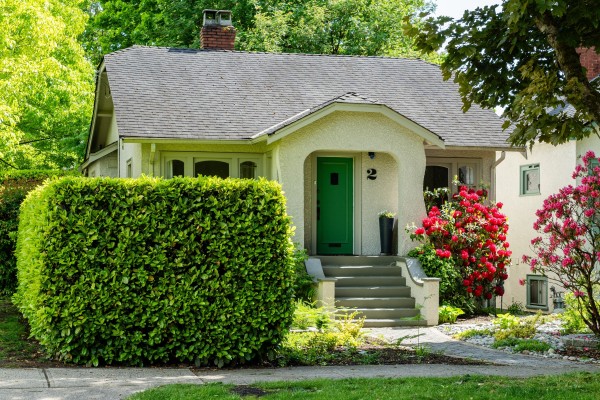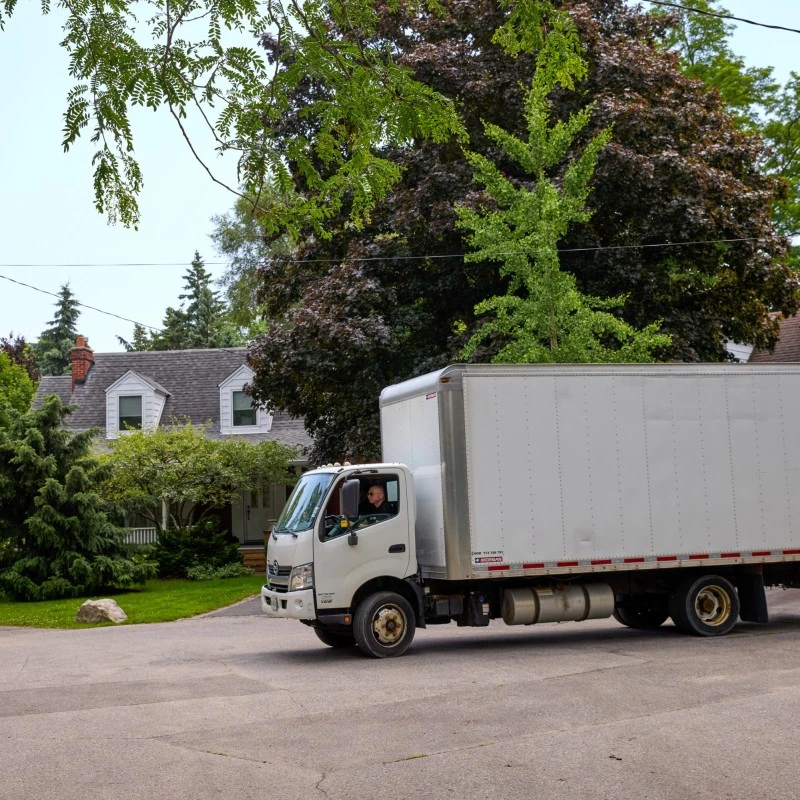Neighbourhood Guide to Vancouver’s Chinatown


Vancouver, BC is one of the most culturally diverse cities in Canada. Being situated on the west coast, directly across the Pacific Ocean from Asia, makes Vancouver a bustling shipping port, and a popular destination for immigrants. The city has huge Chinese and Indian populations—these communities help enrich Vancouver and add to the cultural melée.
Established in 1885, Vancouver’s Chinatown is one of the oldest in Canada and one of the largest in North America. The area is thick with history and culture, making it one of Vancouver’s most interesting destinations for locals and visitors alike.
Whether you are moving to Vancouver, have just arrived, or planning a visit or a move, this guide will help you gain a deeper understanding of Chinatown and its everyday balance between heritage, tradition and modern life.
A brief overview of Chinatown in Vancouver’s history
Vancouver’s Chinatown is one of the largest and oldest in North America. In the late 1800s, both the mining and construction of the Canadian Pacific Railway (CPR) brought immigrants from all over to fill the labour jobs needed to complete it. Many of the BC immigrants during this time came from China.
Chinese residents in Vancouver faced various forms of discrimination, including the head tax (which lasted 38 years), exclusion from voting, and location restrictions on property ownership.
Despite challenges and ongoing racism, the Chinese community built a thriving neighbourhood with businesses, cultural institutions, from temples to Chinese Medicine schools, and networks of community support.
Chinatown was officially designated a National Historic Site of Canada in 2011. The Canadian government has made revitalisation efforts in recent years to preserve historic architecture and cultural landmarks amidst ongoing new development.
Chinatown’s notable structures include heritage buildings, traditional Chinese shops, public art, and cultural centres.
Housing in Chinatown, Vancouver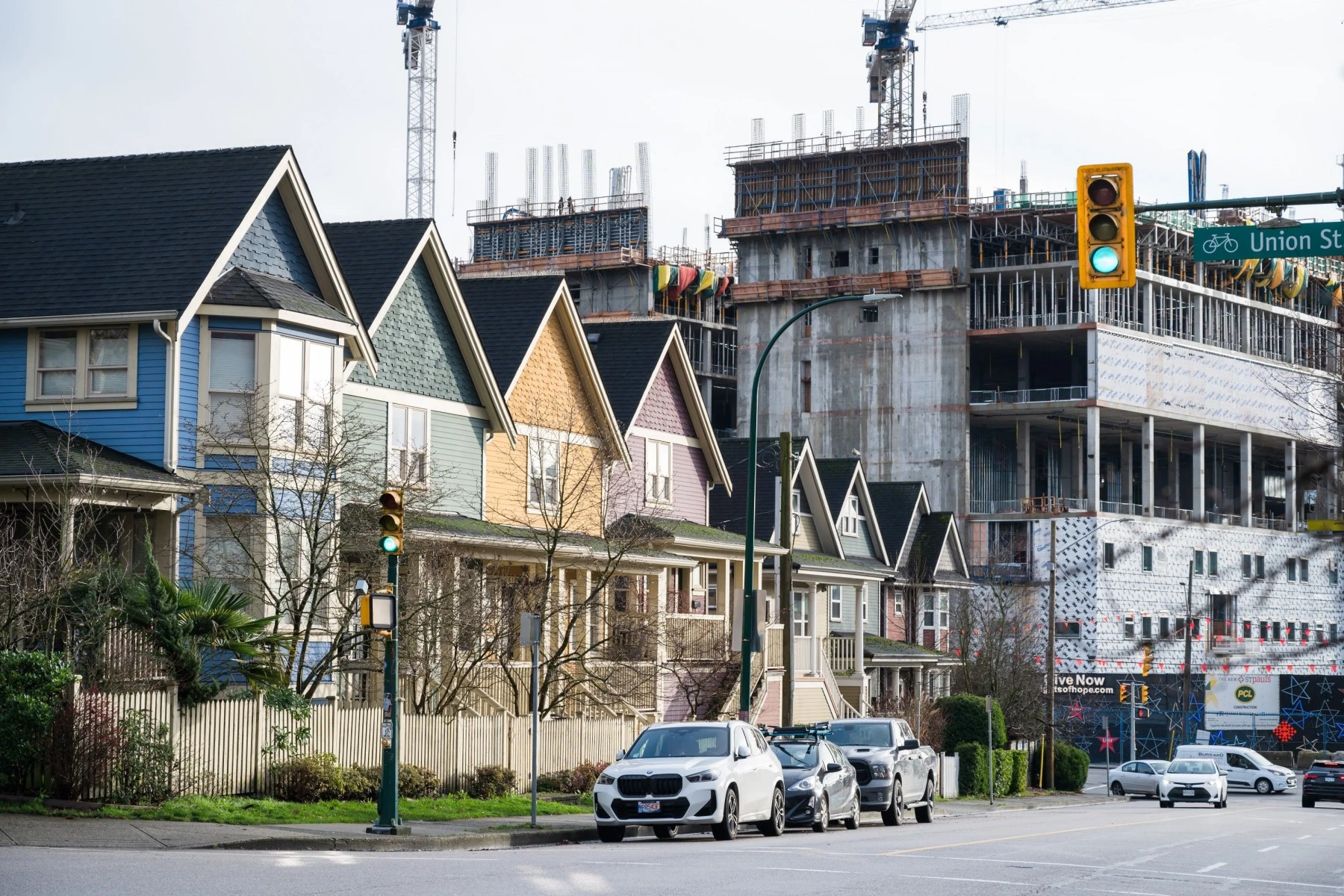
Chinatown is considered one of Vancouver's more affordable central neighbourhoods, especially compared to nearby areas like Downtown, Yaletown, or Mount Pleasant. But, affordability is relative. The cost of living in Vancouver is high and it’s considered one of the most expensive housing markets in Canada, and the world.
For renting, expect to pay around CA$2,300 for a 1-bedroom apartment, CA$2,500 for a 2-bedroom apartment, and over CA$3,000 for a three-bedroom rental. Location and size factor in whether the rental cost is on the lower or higher ends of these averages.
Community and events in Chinatown, Vancouver
The energy of Chinatown is lively. Locals appreciate the neighbourhood’s walkability and proximity to Downtown, Gastown and Mount Pleasant. The architecture showcases a mix of heritage buildings and new developments, and many buildings are adorned with unique street art.
Canadians celebrate many cultural festivals and Vancouver's Chinatown hosts several of them—along with a few unique to the neighbourhood—making up a full calendar of events to enjoy.
Lunar New Year Parade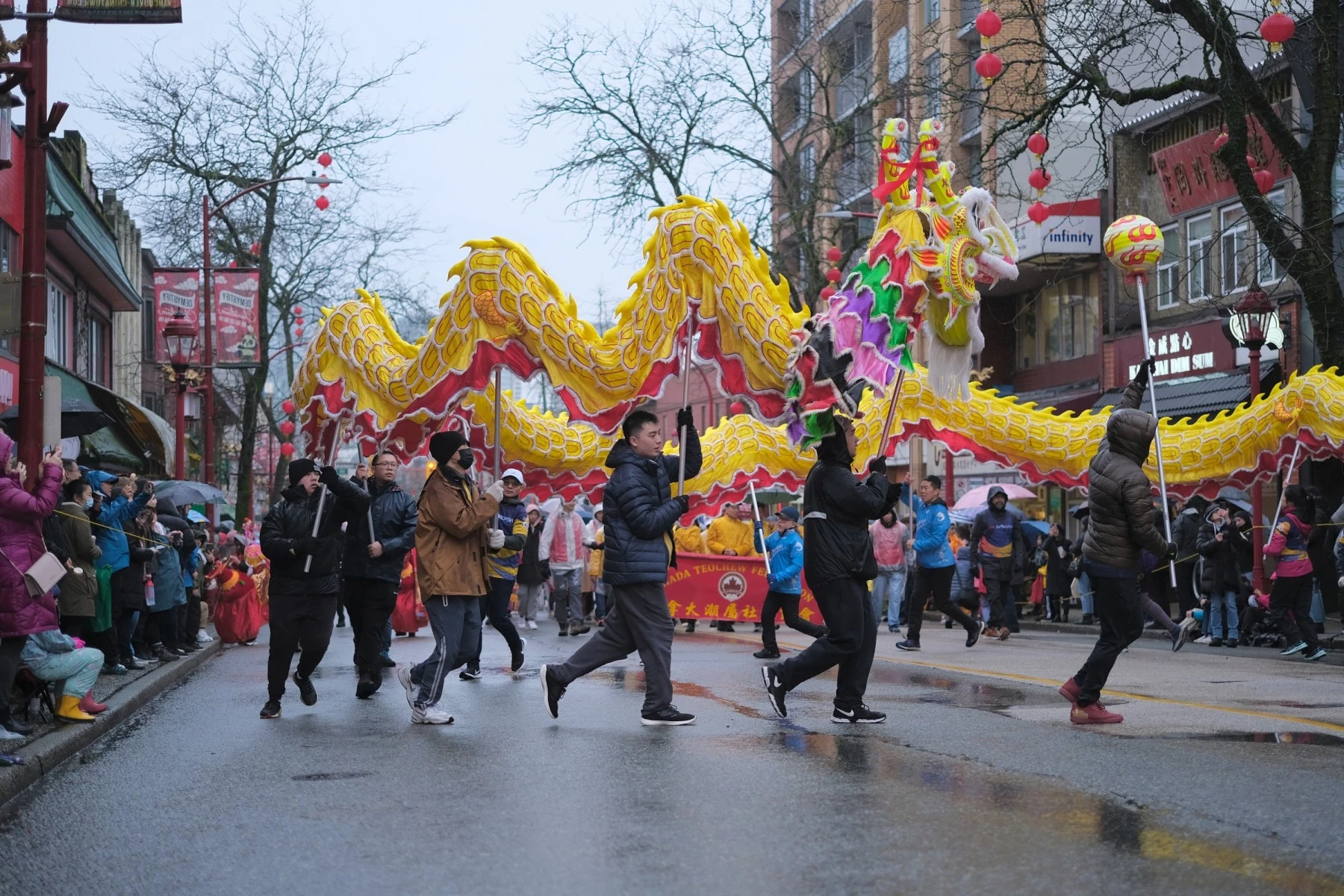
-
Date: Late January or February—The holiday begins on the first new moon of the lunar calendar, which falls between January 21 and February 20 in the Gregorian calendar.
-
Price range: Free
-
The event: A colourful parade celebrating the Lunar New Year with lion dances, martial arts, and cultural performances.
Mid-Autumn Moon Festival
-
Date: September (full moon)
-
Price range: Varies from free to low cost (CA$10 for adults).
-
The event: Celebrates the harvest moon with lanterns, mooncakes, performances, and family-friendly activities.
Light Up Chinatown! Festival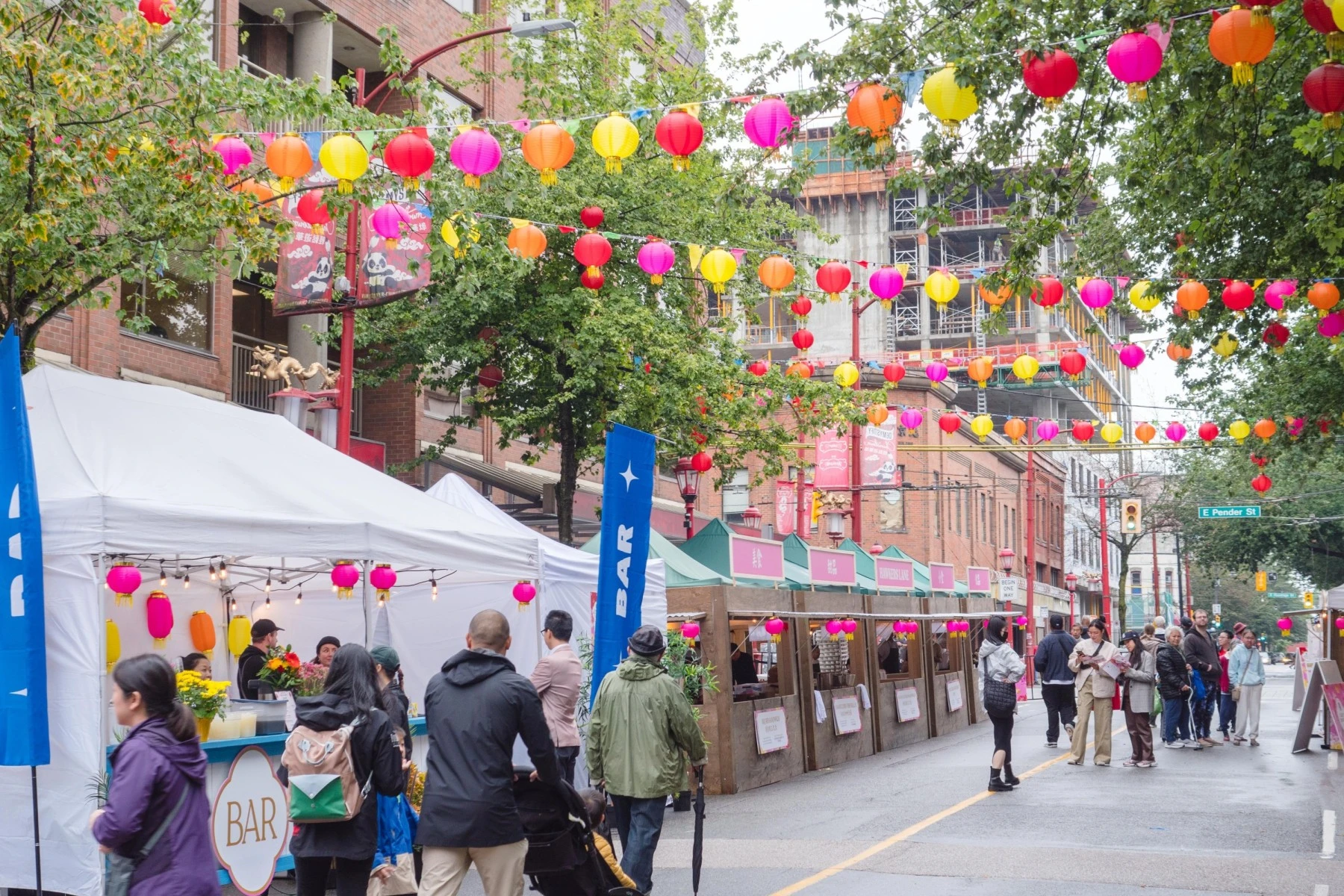
-
Date: August 24th and 25th
-
Price range: Free
-
The event: A weekend of music, food, lights, and art celebrating Chinatown's culture and strength of community.
Vancouver Chinatown Festival
-
Date: August
-
Price range: Free
-
The event: A two-day multicultural festival with live performances, games, and food vendors.
Summer Movie Nights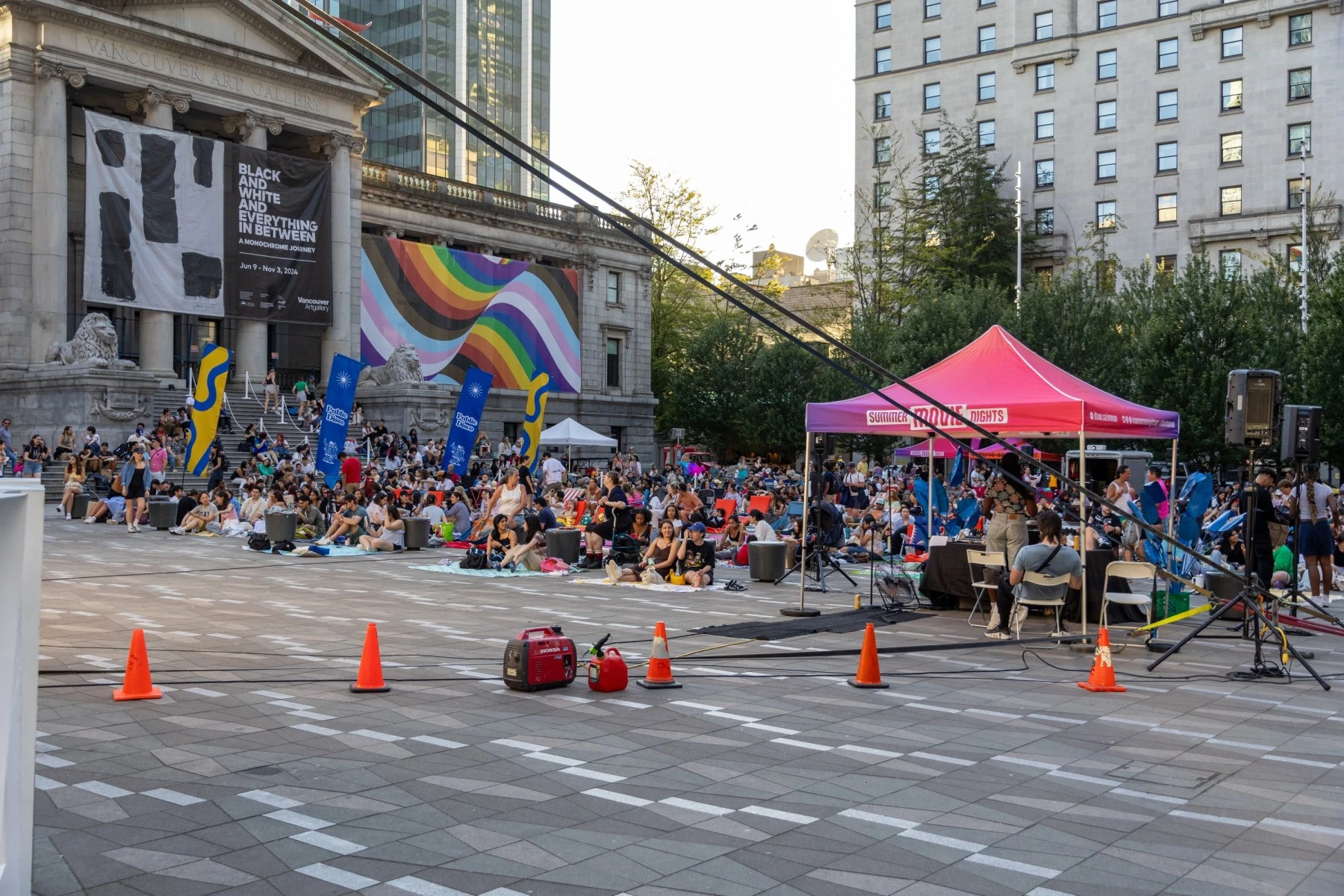
-
Date: July to August (select nights)
-
Price range: Free
-
The event: Open-air screenings of popular and classic films at the Vancouver Art Gallery’s outdoor plaza nearby in downtown Vancouver and unique Chinatown settings.
Chinatown Remembrance Day Ceremony
-
Date: November 11th
-
Price range: Free
-
The event: A ceremony to honour Chinese Canadian veterans and their contributions to Canada.
Fire Dragon Festival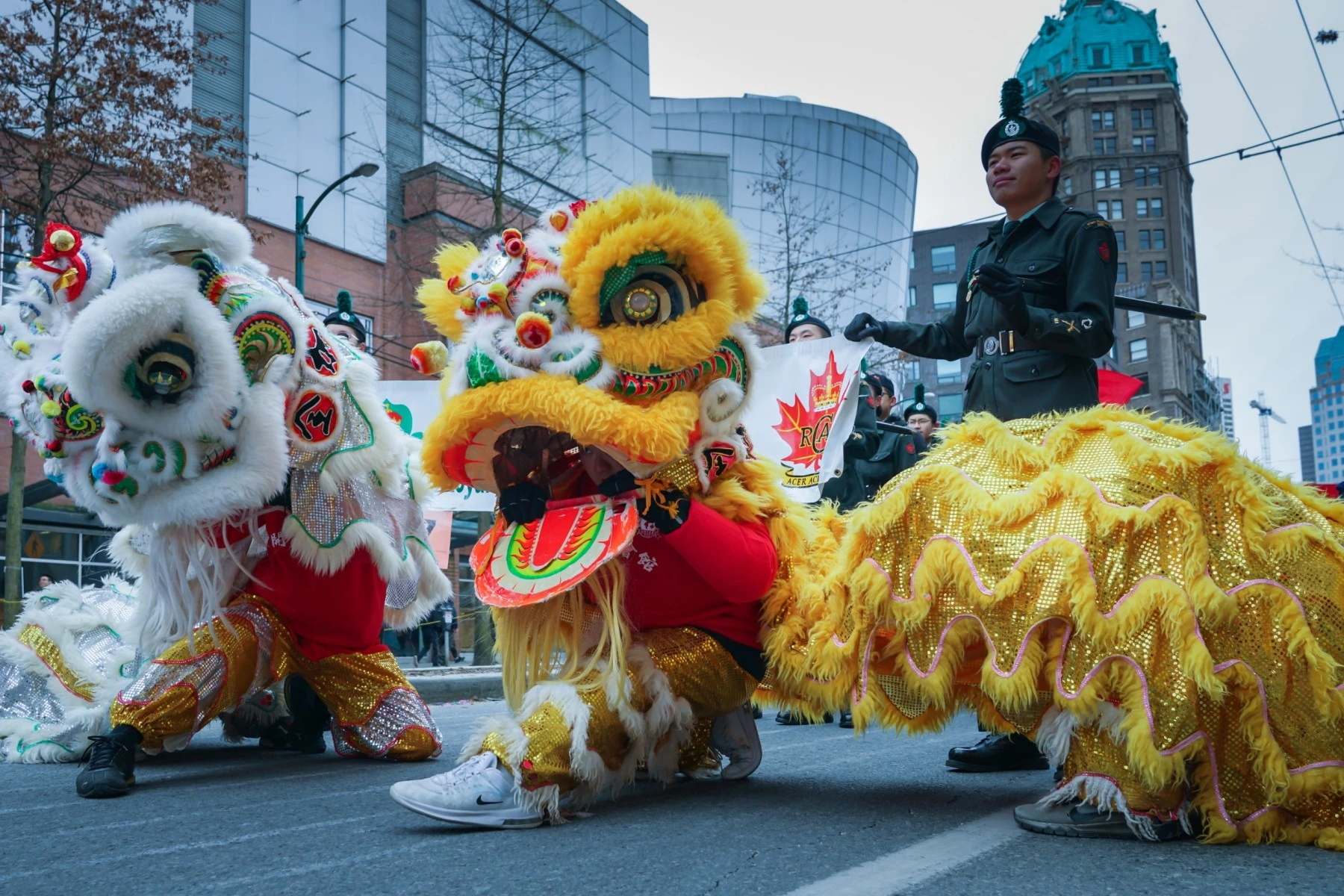
-
Date: September or October
-
Price range: Free
-
The event: Inspired by traditional Hong Kong customs, this late-summer festival features a glowing dragon dance and cultural rituals.
Chinatown Storytelling Centre Programs
-
Date: Year-round
-
Price range: CA$8–CA$12 admission
-
The event: Exhibits and events highlighting Chinese Canadian history and personal stories.
Heritage Walking Tours
-
Date: Spring to Fall (May to September)
-
Price range: CA$15–CA$25
-
The event: Guided tours exploring Chinatown's architecture, history, and lesser-known highlights.
Community Art Shows, exhibitions & Gallery Openings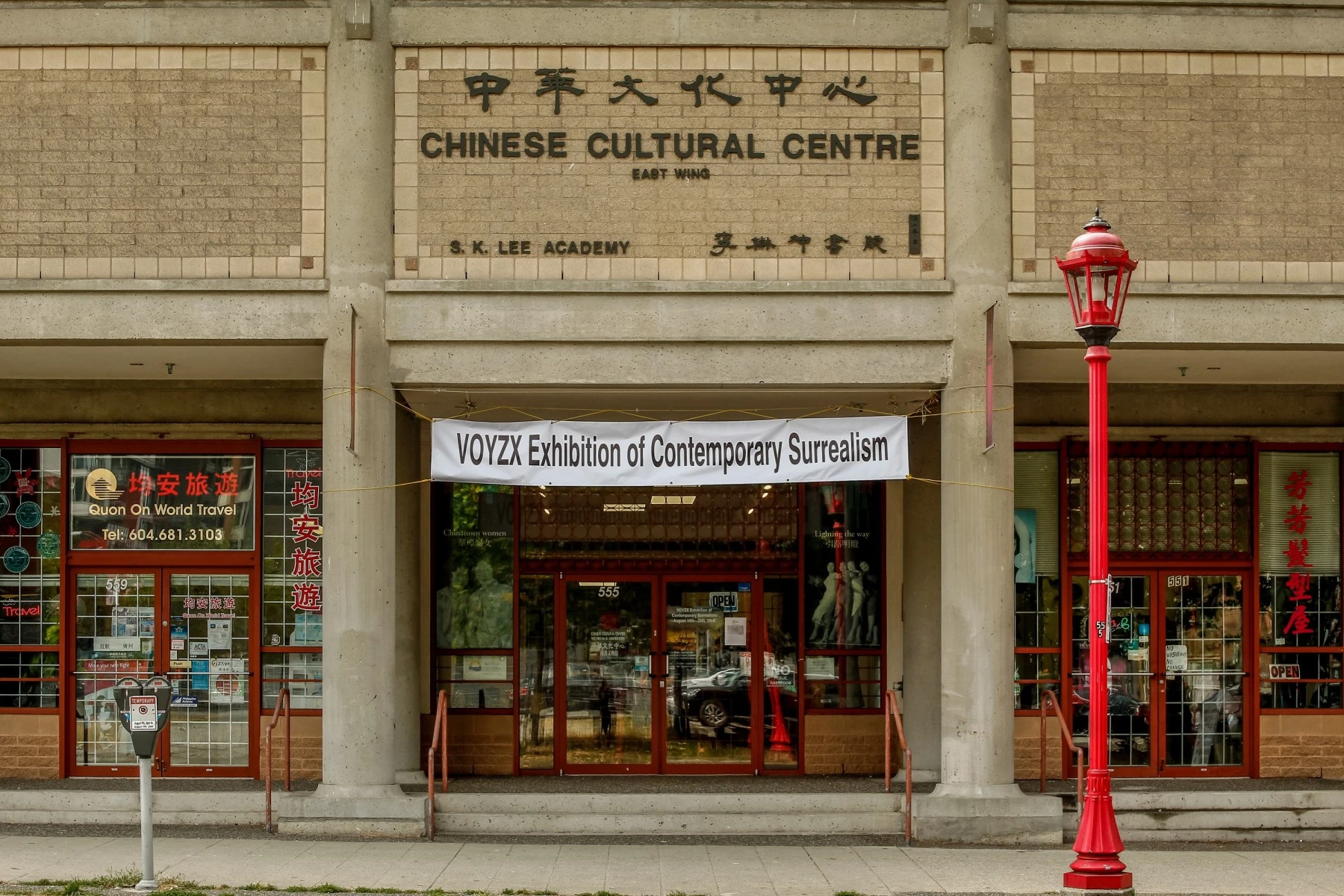
-
Date: Varies throughout the year
-
Price range: Free or by donation
-
The event: Local artists showcase work connected to Chinatown and Chinese Canadian heritage.
Traditional Chinese Music & Dance Performances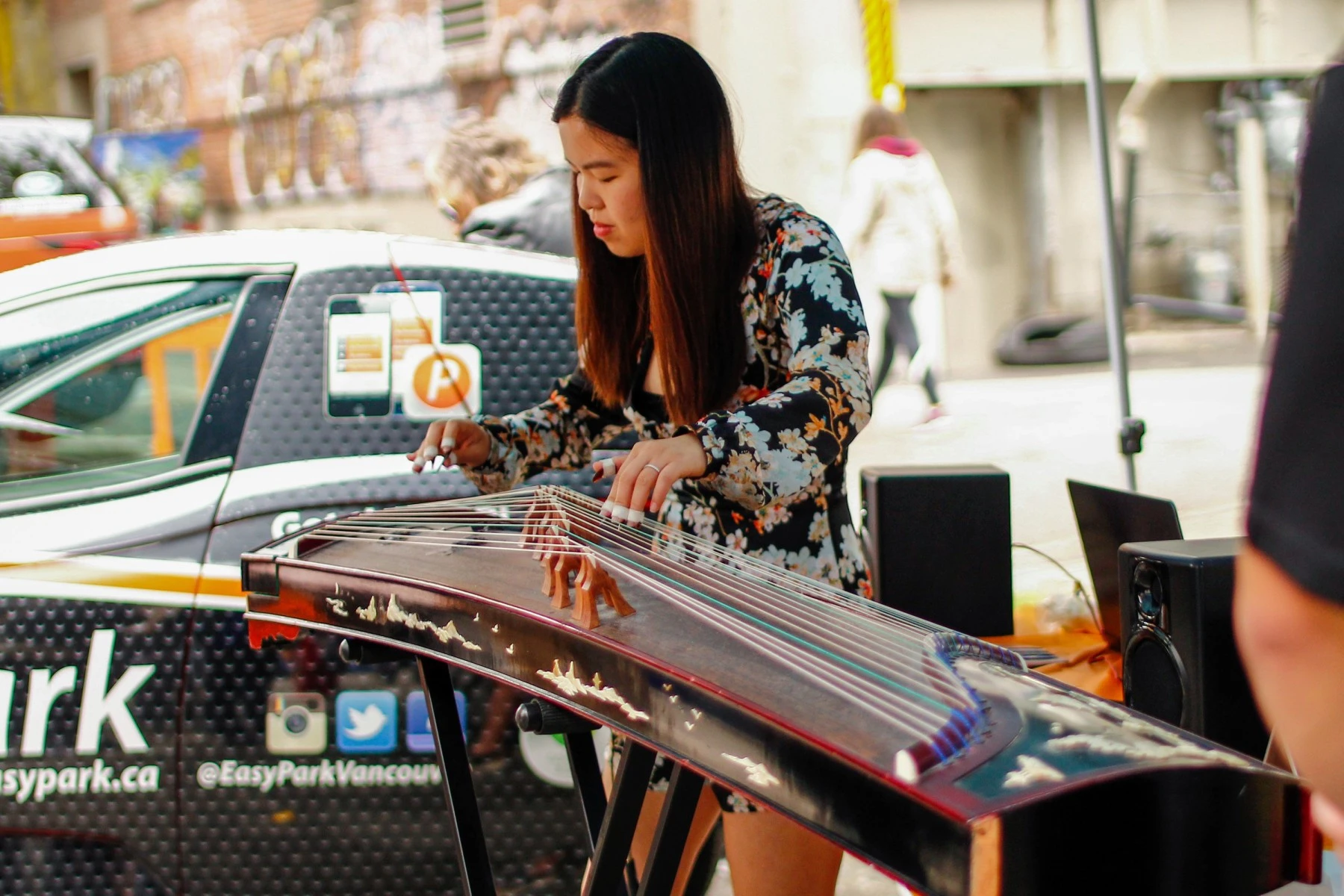
Date: Various dates
Price range: Free or ticketed
The event: Cultural performances are held at festivals, theatres, and community spaces.
Food Tours and Culinary Events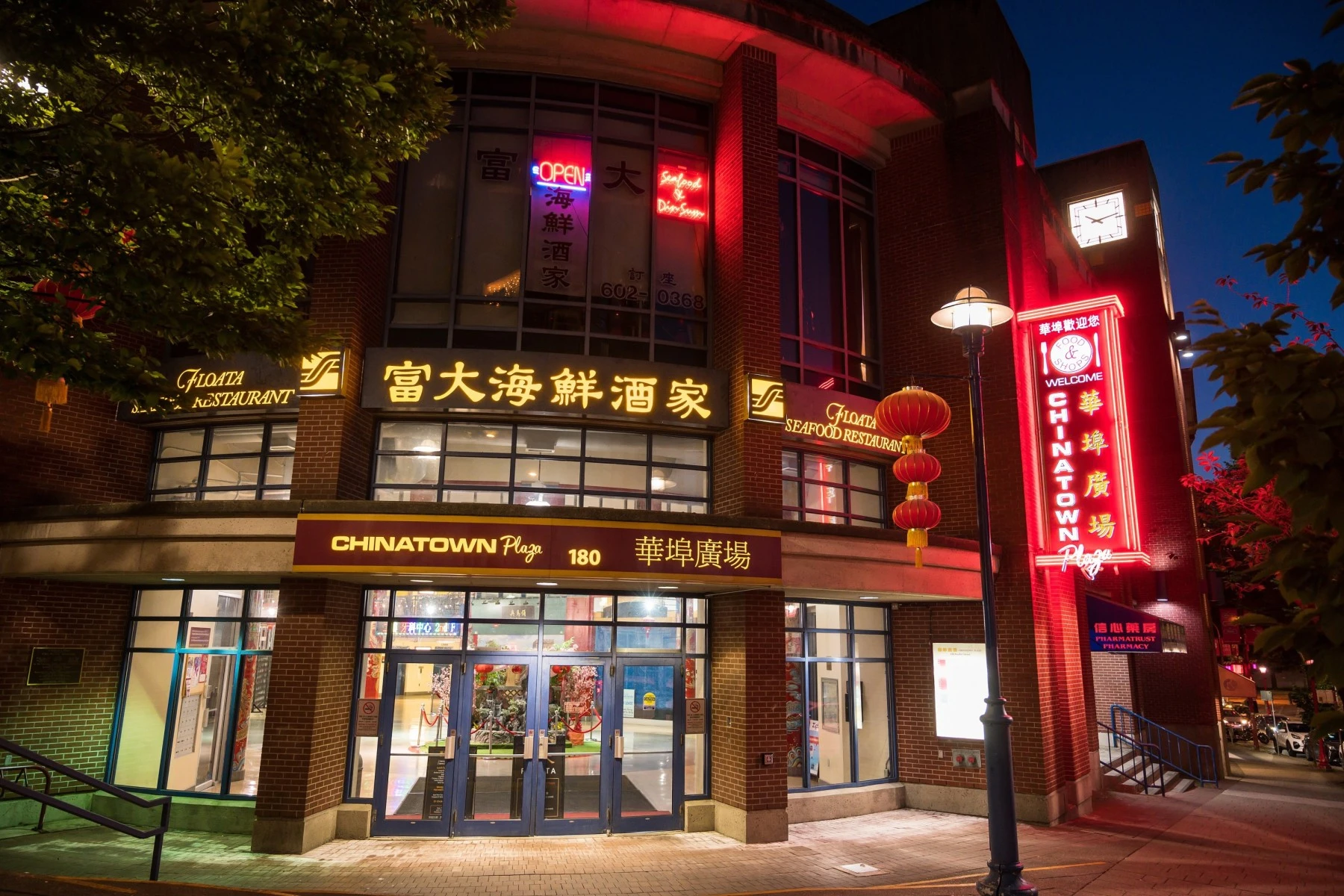
-
Date: Year-round
-
Price range: CA$50–CA$100+
-
The event: Guided tours and special dinners highlighting Chinatown’s culinary scene.
Chinese Calligraphy & Brush Painting Workshops
-
Date: Select dates year-round
-
Price range: CA$20–CA$40
-
The event: Hands-on workshops teaching traditional Chinese artistic techniques.
Martial Arts Demonstrations
- Date: Festival dates and select events
- Price range: Free
- The event: Showcases of kung fu and tai chi during cultural celebrations and special events.
Lantern-Making & Cultural Craft Workshops
-
Date: Around Mid-Autumn Festival, Lunar New Year
-
Price range: CA$10–CA$25
-
The event: Family-friendly workshops creating lanterns and learning traditional crafts.
Night Markets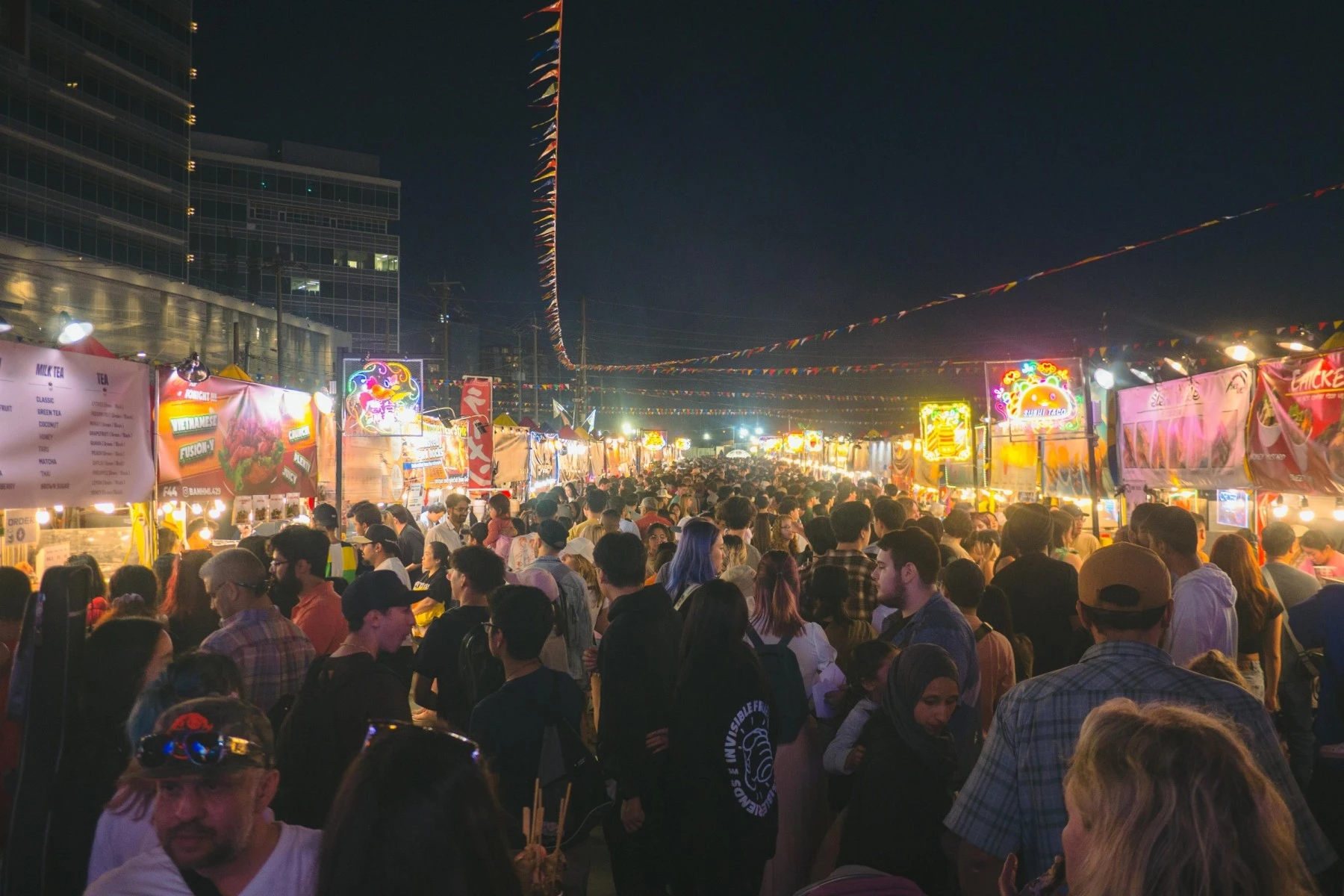
-
Date: Summer (various weekends)
-
Price range: Free admission; food varies
- The event: Evening markets with street food, shopping, games, and live performances.
Exploring food and culture in Vancouver's Chinatown
 Chinese cuisine is taken to the next level at Chinatown’s most popular restaurants, some serving ultra-traditional fare and others offering creative fusion dishes. Some of the best include:
Chinese cuisine is taken to the next level at Chinatown’s most popular restaurants, some serving ultra-traditional fare and others offering creative fusion dishes. Some of the best include:
Phnom Penh
View this post on Instagram
-
Famous for its garlic butter chicken wings and Cambodian-Vietnamese dishes.
-
Price range: $$ (Moderate)
New Town Bakery & Restaurant
View this post on Instagram
-
Known for its steamed buns and Chinese bakery classics.
-
Price Range: $ (Budget-friendly)
Bao Bei Chinese Brasserie
View this post on Instagram
-
A modern take on (westernised) Chinese comfort food in a chic setting.
-
Price range: $$$ (Higher moderate)
Chinatown BBQ
View this post on Instagram
-
Classic Cantonese-style barbecue meats.
-
Price range: $$ (Moderate)
Maxim’s Bakery
View this post on Instagram
-
Long-standing hot spot where devoted clients load up on traditional Chinese pastries and cakes.
-
Price range: $ (Budget-friendly)
Chinese bakeries are a hit, and you can find exotic, mouth-watering pastries made fresh every day–just follow your nose. And don’t forget Chinese grocery shops. These stores are a cultural experience not to be missed.
Unique cultural experiences in Vancouver's Chinatown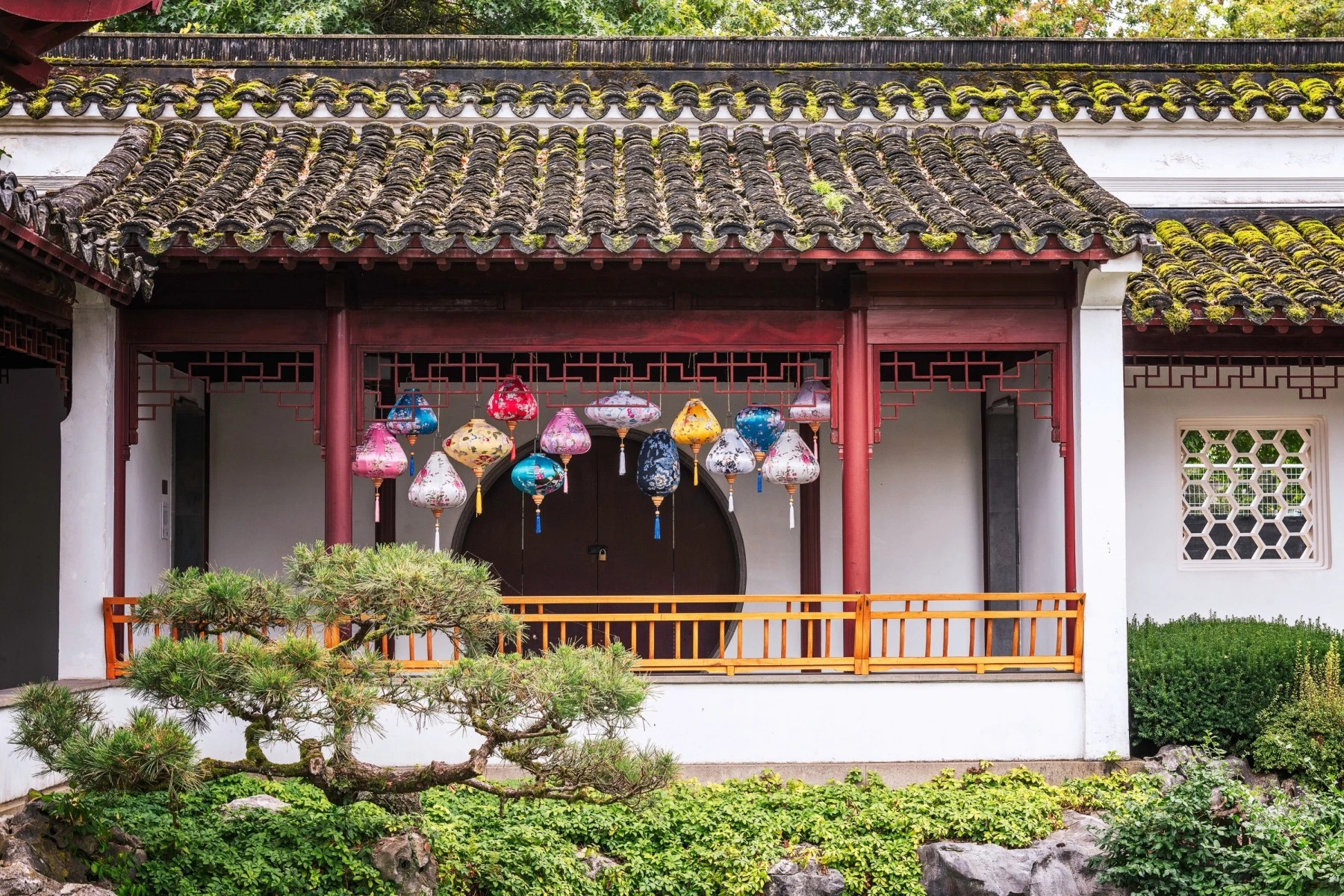
Chinatown offers unique chances to experience the rich culture, specifically at the many important cultural institutions including:
-
Dr. Sun Yat-Sen Classical Chinese Garden
-
Chinese Cultural Centre Museum and Archives
-
Chinatown Storytelling Centre
-
Chinese Times Building—Chinatown’s historic press site.
-
Chinatown Plaza (where cultural exhibits and events are hosted regularly.
Beyond restaurants, cultural sites and historic buildings, Chinatown also offers:
-
Dozens of gift shops.
-
Traditional Chinese Medicine apothecaries where you can find jars of dried seahorses and other unique traditional Chinese medicines.
-
Art galleries filled with traditional and contemporary Asian art.
-
Weekly and seasonal markets.
-
Local tours are highly recommended for history buffs, foodies and art lovers.
Getting to and around Chinatown in Vancouver
 The Stadium Chinatown Station has easy access to Vancouver’s Translink public transportation at the Stadium Chinatown Station, whether the SkyTrain or multiple bus routes. Chinatown is also a very walkable and bike-friendly neighbourhood, with minimal need for a personal vehicle. Amenities such as parks, the library, community centres, recreation centres, and hospitals are all within walking distance.
The Stadium Chinatown Station has easy access to Vancouver’s Translink public transportation at the Stadium Chinatown Station, whether the SkyTrain or multiple bus routes. Chinatown is also a very walkable and bike-friendly neighbourhood, with minimal need for a personal vehicle. Amenities such as parks, the library, community centres, recreation centres, and hospitals are all within walking distance.
Moving to Vancouver? Top Move is a platform that allows you to book trusted local moving companies without a hassle. You can submit a delivery request and receive quotes from multiple movers in your area. This approach supports transparent pricing so that you can get the most value for your dollar, and allows you to make the best choice based on customer feedback, the type of move you need, insurance and more.
What do our customers say?















![How much do you need to earn to live comfortably in Vancouver? [2025] How much do you need to earn to live comfortably in Vancouver? [2025]](https://cdn.topmove.ca/image/blog/7036030cc91de9cff4153dc88aa88f85.jpeg)











